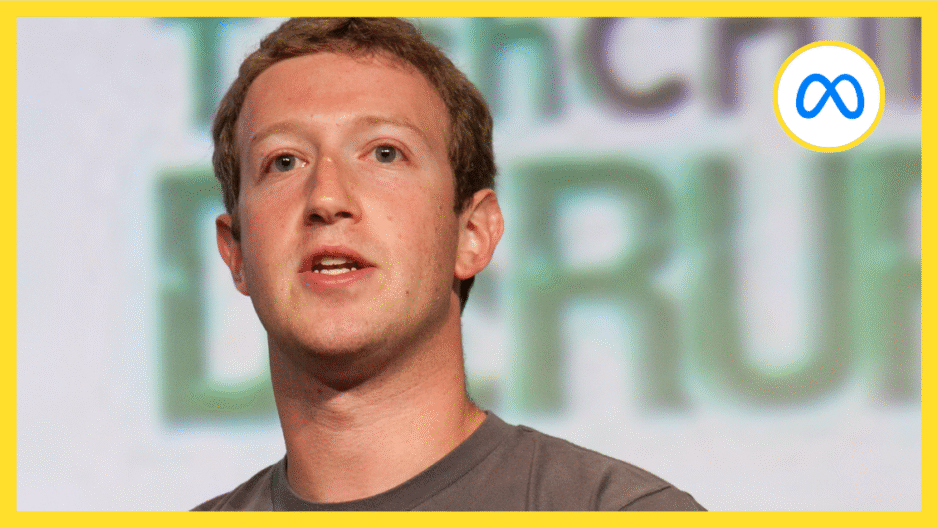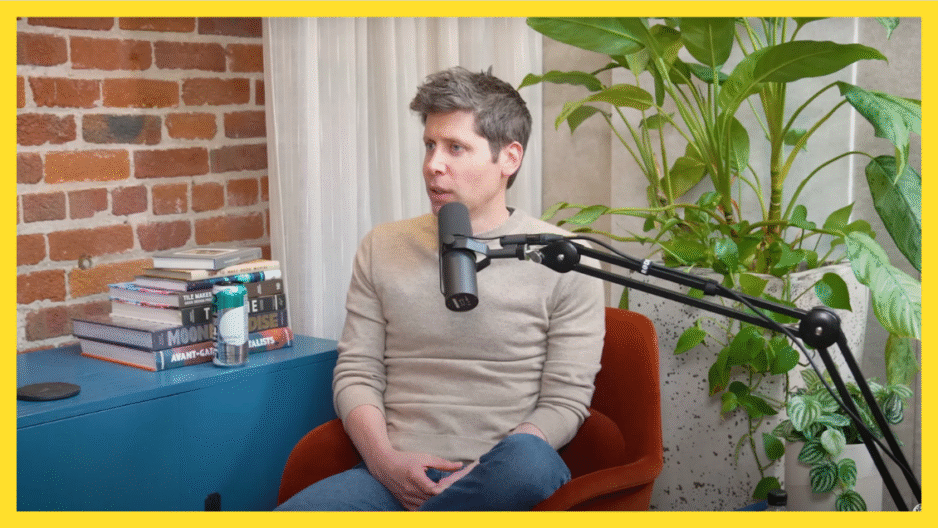From designing complex algorithms to steering teams at the forefront of AI innovation, Igor Babuschkin has been a quiet but powerful force in the tech world. His career reads like a roadmap for anyone hoping to jump from academia to industry leadership. Initially a particle physics researcher at CERN, Igor took a different turn—trading particle collisions for neural networks, and eventually landing at DeepMind, OpenAI, and later co-founding xAI with Elon Musk in 2023.
The Rise at xAI
Let’s be honest—few believed a brand‑new AI company could go toe-to-toe with giants like OpenAI or Google. But Babuschkin and his team proved the doubters wrong. Under his leadership, xAI built critical infrastructure like the Memphis supercluster, the brain behind Grok—an AI chatbot that sparked as much curiosity as controversy. People inside xAI recall frantic nights of coding, Musk’s relentless pace, and an undercurrent of belief that they were doing the impossible.
Why Igor Walked Away
August 2025 shocked the AI industry—Igor left xAI. In an age where people jump startups for bigger paychecks, his reason was different: purpose over profit. Increasingly unsettled by the ethical dilemmas and safety debates swirling around advanced AI, Babuschkin decided to dedicate himself fully to AI safety. His new venture, Babuschkin Ventures, aims to back researchers and startups working on technologies that expand human understanding—without jeopardizing our future.
Final Thoughts
In my view, Igor’s move is both bold and necessary. Too many chase AI’s speed; too few stop to question its direction. His decision reminds us that technological progress should run in parallel with responsibility.
Read more: Wiki



